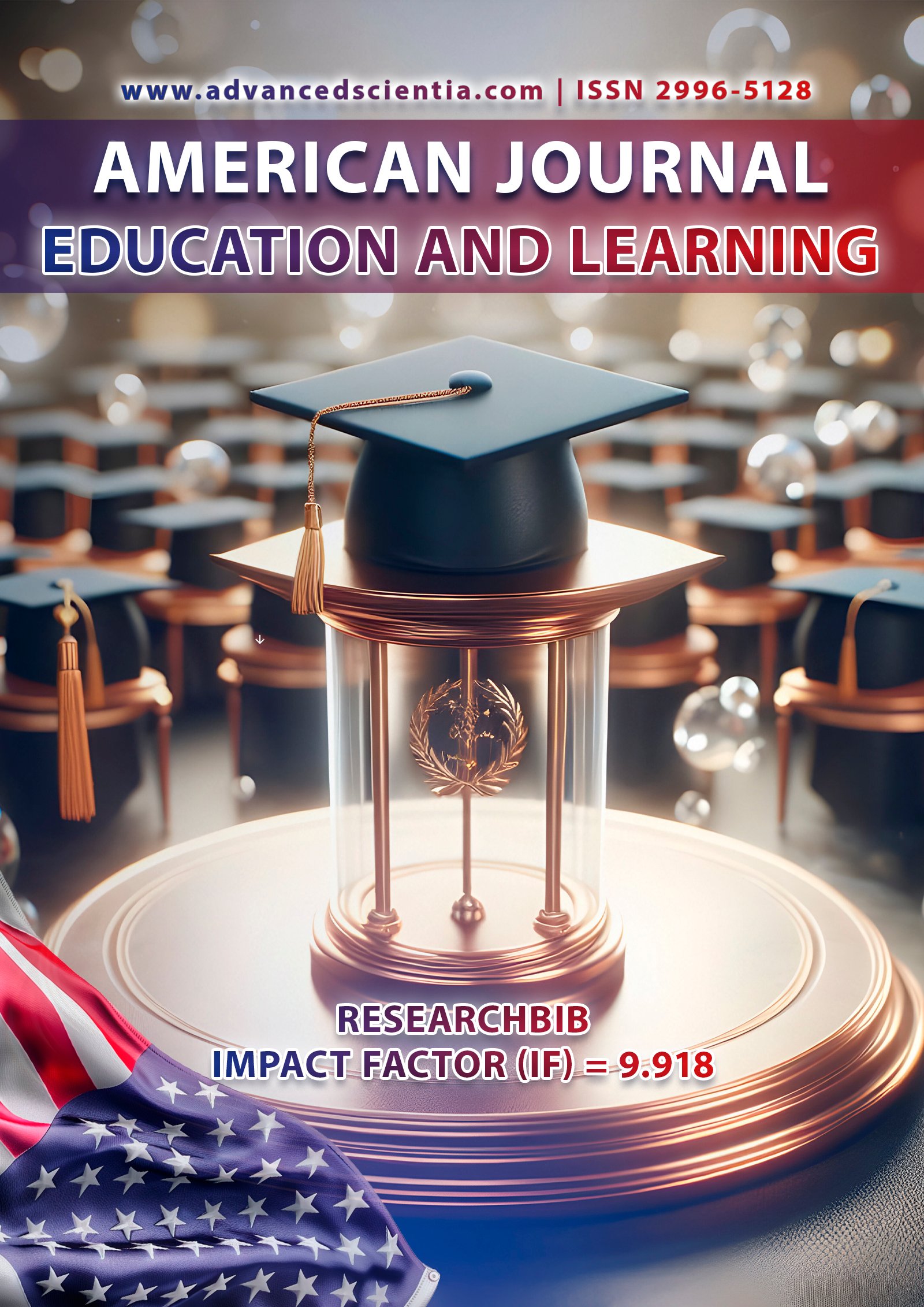THE USE OF ARTIFICIAL INTELLIGENCE IN INTEGRATING SUBJECTS IN PRIMARY EDUCATION: A SCIENTIFIC PERSPECTIVE
Abstract
Introduces the need for subject integration and AI’s role in facilitating it, citing foundational cognitive science research.
References
1. Aleven, V., & Koedinger, K. R. (2002). An effective metacognitive strategy: Learning by doing and explaining with a computer-based Cognitive Tutor. Cognitive Science, 26(2), 147-179. https://doi.org/10.1207/s15516709cog2602_1
2. Bransford, J. D., Brown, A. L., & Cocking, R. R. (2000). How people learn: Brain, mind, experience, and school. National Academy Press.
3. Buolamwini, J., & Gebru, T. (2018). Gender shades: Intersectional accuracy disparities in commercial gender classification. Proceedings of the Conference on Fairness, Accountability, and Transparency, 77-91. https://doi.org/10.1145/3178876.3186160
4. Koedinger, K. R., Corbett, A. T., & Perfetti, C. (2012). The Knowledge-Learning-Instruction framework: Bridging the science-practice chasm to enhance robust student learning. Cognitive Science, 36(5), 757-798. https://doi.org/10.1111/j.1551-6709.2012.01245.x
5. McNamara, D. S., Graesser, A. C., McCarthy, P. M., & Cai, Z. (2015). Automated evaluation of text and discourse with Coh-Metrix. Cambridge University Press.
6. Shilton, K. (2018). Engaging values despite neutrality: Challenges and approaches to values reflection during the design of internet infrastructure. Science, Technology, & Human Values, 43(2), 247-269. https://doi.org/10.1177/0162243917714869
7. Sweller, J. (2011). Cognitive load theory. Psychology of Learning and Motivation, 55, 37-76. https://doi.org/10.1016/B978-0-12-387691-1.00002-8
8. Tondeur, J., van Braak, J., Ertmer, P. A., & Ottenbreit-Leftwich, A. (2017). Understanding the relationship between teachers’ pedagogical beliefs and technology use in education: A systematic review of qualitative evidence. Educational Technology Research and Development, 65(3), 555-575. https://doi.org/10.1007/s11423-016-9481-2
9. VanLehn, K. (2011). The relative effectiveness of human tutoring, intelligent tutoring systems, and other tutoring systems. Educational Psychologist, 46(4), 197-221. https://doi.org/10.1080/00461520.2011.611369
10. Walker, E., Ogan, A., Aleven, V., & Jones, C. (2016). Two approaches for providing adaptive support for discussion in an ill-defined domain. International Journal of Artificial Intelligence in Education, 26(4), 1037-1069. https://doi.org/10.1007/s40593-016-0105-0
11. Williams, R., Park, H. W., Oh, L., & Breazeal, C. (2020). PopBots: Designing an artificial intelligence curriculum for early childhood education. Proceedings of the AAAI Conference on Artificial Intelligence, 33(1), 13399-13406. https://doi.org/10.1609/aaai.v33i01.330113399






















